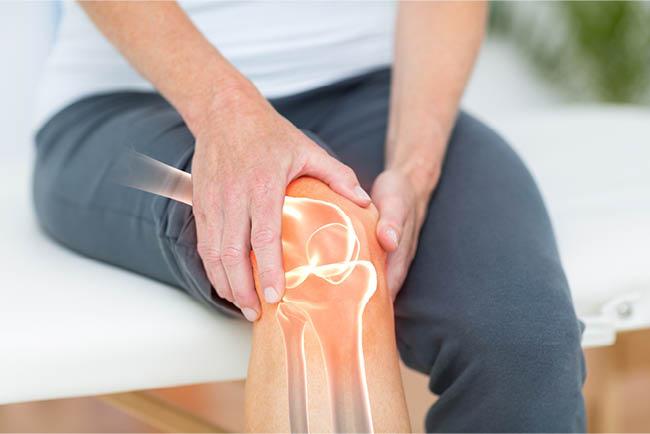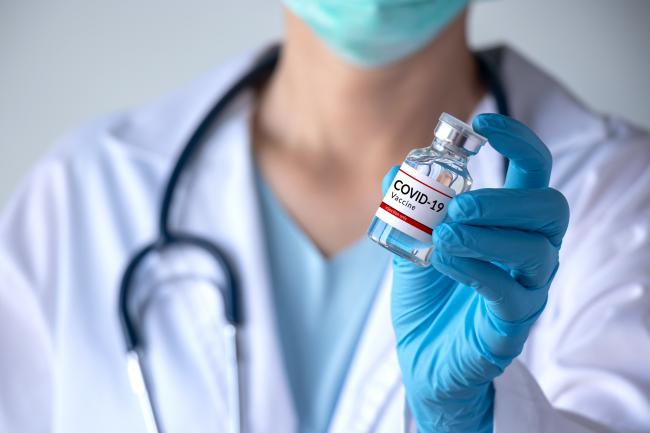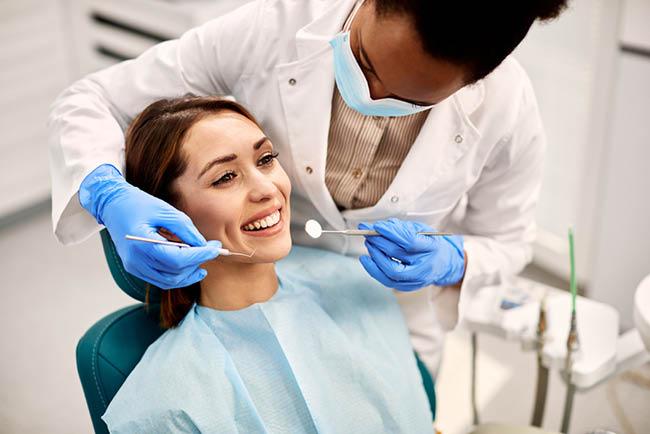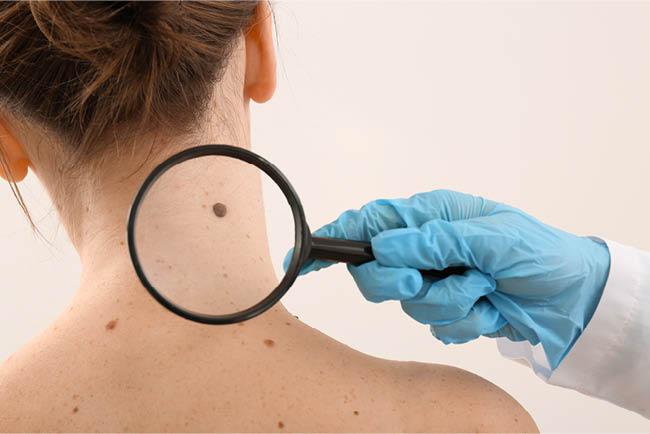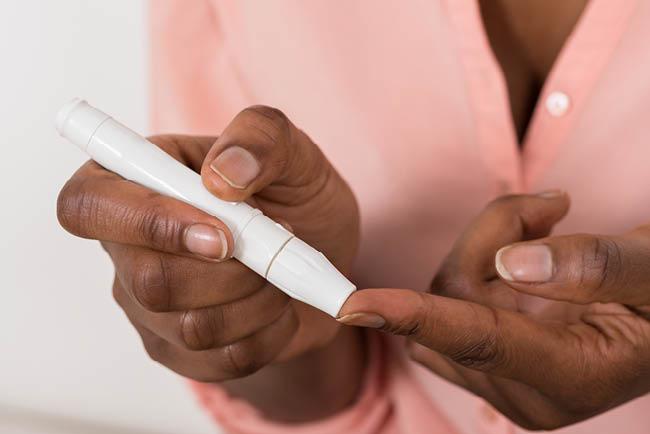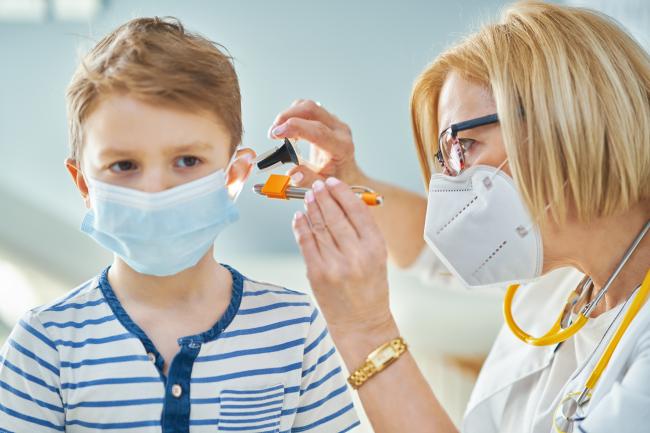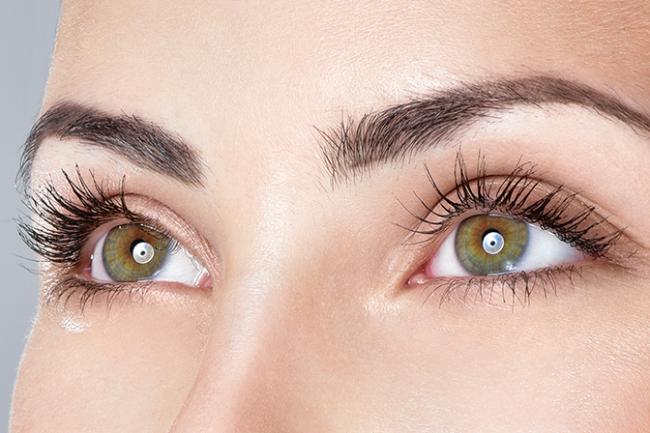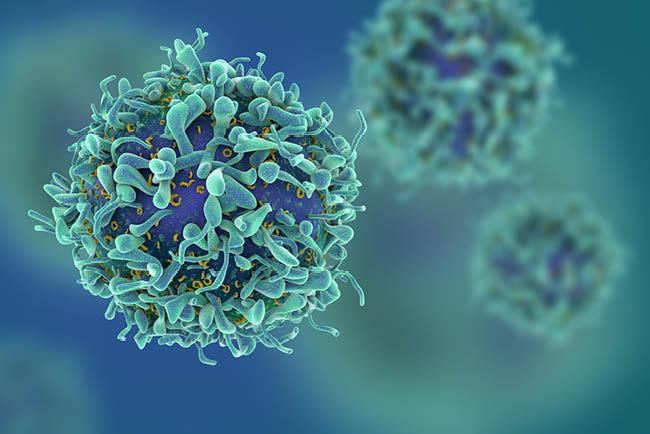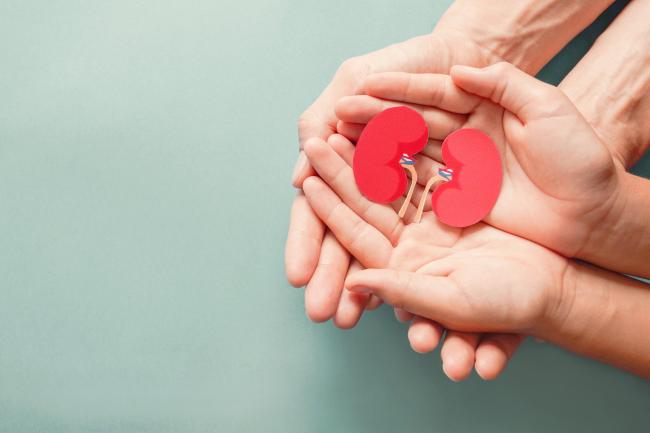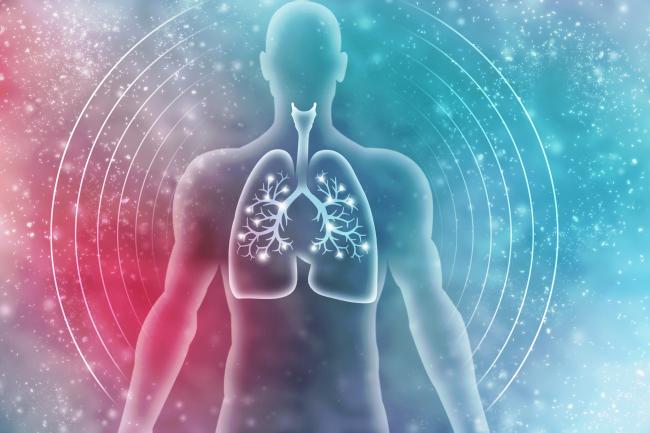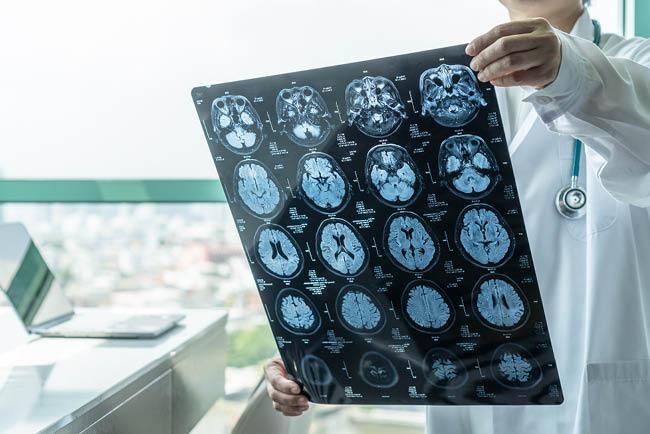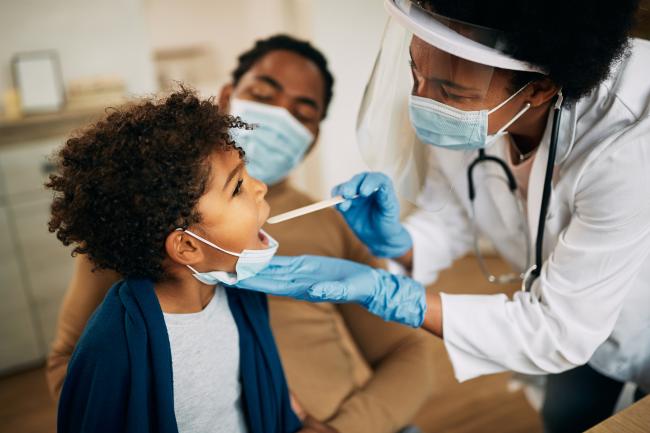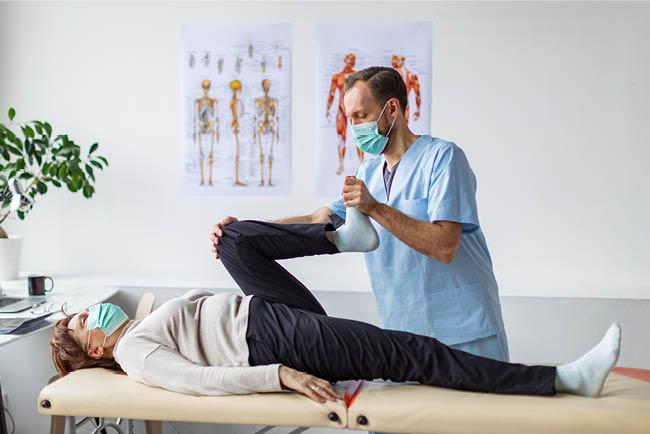Study Categories
-
Improving the Breast Cancer Care Delivery Model for Sex and Gender Minority Survivors (LGBTQ+)
Official Title
ImproviNg The BrEast CaNcer Care DelivEry MoDel for Sex and Gender Minority Survivors (INTENDED for SGM)Purpose
The long-term goal of this study is to improve decision quality and health-related outcomes for sexual gender minority (SGM) breast/chest cancer survivors. The goal is to evaluate important ways the current care model needs adjusted for SGM people, and how best to combine a socially important care model into clinical practice.
Survivors: Eligible participants will participate in a 90-minute focus group and online survey regarding your opinions about improving LGBTQ+ breast/chest cancer care.
Clinicians: Eligible participants will participate in a 30-minute interview and brief survey regarding your opinions about improving LGBTQ+ breast/chest cancer care.
Participation in this study will take no more than 1 hour and 30 minutes.
Could this study be right for you?
Survivors:
1. Self-identify as a member of the SGM community
2. Age ≥18 years at the time of signing the informed consent form
3. Breast/chest cancer survivor in active treatment or completed active treatment in the last 10 years (not including hormone therapy)
4. Be able to read and speak English
5. Have received care in the U.S.
6. Be able to participate in virtual meetings
Clinicians:
1. Physicians, advance practice providers, nurses, psychologists, social workers, therapists, technologists, and other trained clinical professionals
2. Provide care to individuals diagnosed with breast cancer in the U.S.
3. Be able to read and speak English
4. Be able to participate in virtual meetings
Age Range
18 and up -
Intervention to Improve Teen Driving
Official Title
A Hybrid Effectiveness-Implementation Trial to Improve Safe Driving among Teen Drivers with Traffic ViolationsPurpose
The purpose of this study is to test the effects of an in-vehicle driving feedback technology, with and without parent training, on parent-teen communications as well as teens' risky driving behaviors, unsafe driving behaviors, and subsequent traffic violations.
Could this study be right for you?
In order to be eligible:
- You must be 16 -18 years of age
- Need a valid State of Ohio driver's license (no learner's permit)
- Proof of car insurance
- Must drive more than one hour per weekAge Range
16 and up -
Learning and Improving Alzheimer's Patient-Caregiver Relationships
Official Title
Collaborative Research: Learning and Improving Alzheimer's Patient-Caregiver Relationships via Smart Healthcare TechnologyPurpose
The purpose of this study is to explore how family caregivers and persons with memory loss communicate and if certain ways of handling stress, such as mindfulness-based self managements, are helpful for family caregivers. You will be in the study for up to four months from the time of consent to the time of final study data collection. There will be 4 telephone or video calls, and each will take approximately 30 – 135 minutes.
Could this study be right for you?
Caregivers who will participate in this study need to: 1) be aged 21 years or older 2) be an informal, unpaid caregiver who lives with the care recipient 3) be fluent in English 4) have functioning home Wifi The inclusion criteria for care recipients (persons with memory loss) are: 1) females and males age 60-99 years 2) history of memory loss 3) community-dwelling (living in the home) 4) fluent in English
Age Range
21 and up -
Lewy Bodies Study for Those with Sleep Behavior Disorders
Official Title
A Phase 2, double-blind, randomized, placebo-controlled study of nelotanserin versus placebo in patients with dementia with Lewy bodies (DLB) experiencing REM sleep behaviors (RBD)Purpose
The purpose of this study is to evaluate the safety of the study drug called nelotanserin and to assess the effects of nelotanserin in those experiencing frequent REM sleep behavior disorders due to dementia with Lewy bodies. Nelotanserin (study drug) is an investigational product, which means that it has not been approved by the U.S. Food and Drug Administration (FDA) or the government health agencies of any other countries.
Could this study be right for you?
--Age: 50-85
--Diagnosis: probable dementia with Lewy bodies or Parkinson's disease dementia
--AND diagnosis of REM sleep behavior disorder (RBD) with frequent RBD episodes
--Must have a study partner willing to serve as a collateral informant for study assessments
--MMSE Score: greater than or equal to 18 (Mini Mental State Examination score to be explained by the coordinator)Age Range
50 and up -
Light Therapy for Impaired Sleep in Parkinson’s Disease
Official Title
A Dose Selection Trial of Light Therapy for Impaired Sleep in Parkinson’s DiseasePurpose
This study is being done to find out if light therapy can help people with Parkinson’s disease (PD) who experience difficulties with their sleep. We also want to find out if light therapy is safe and does not cause too many side effects. If you qualify to join, it will take you about 4 months to complete this research study. During this time, we will ask you to make 5 study visits to The Ohio State University and complete 3 phone calls.
Could this study be right for you?
Inclusion Criteria: 1) Diagnosis of idiopathic PD 2) Stable dose of all PD medications for at least 30 days prior to randomization 3) Willingness to wear an Actiwatch and complete daily sleep logs Exclusion Criteria 1) Presence of moderate depression 2) Co-existent significant sleep apnea 3) Co-existent symptomatic restless legs syndrome (RLS) 4) Cognitive impairment 5) Pregnant women Further inclusion/exclusion criteria exists
Age Range
45 and up -
Measuring Sleep Problems in Children with Autism Spectrum Disorder (ASD)
Official Title
Measuring Sleep Problems in Children with Autism Spectrum Disorder (ASD)Purpose
The purpose of this study is to get a better understanding and improve measurement of sleep problems in children with Autism Spectrum Disorder (ASD).
Total time involved in study will be approximately 5 hours
Could this study be right for you?
- Parents of children with ASD, and
- Children with ASD ages 3-12, with mild, medium or major sleep problems either currently or in the past
- Children on medication can participate if the medicine dose is stable for at least one monthAge Range
3 and up -
Movement and Music Study for Those with Dementia--Age 60 and Over
Official Title
Movement and Music Intervention for Individuals with DementiaPurpose
There is some evidence that music based interventions may have a protective effect on the brain in those with dementia. There is also evidence that doing activities that engage the brain through music are beneficial. This study seeks to investigate the potential benefits of a music based intervention for individuals with dementia.
Could this study be right for you?
You may be eligible if you:
- Have a diagnosis of dementia (mild to moderate)
- Are age 60 and older
- Able to follow simple instructionsEXCLUSION CRITERIA:
-Unable to walk 10 feet unassisted
-Presence of bone disorder that impacts walking
-Presence of other neurologic diagnosis that impacts cognitive or motor function such as stroke, Parkinson disease or traumatic brain injuryAge Range
60 and up -
Perinatal Arterial Stroke: The I-ACQUIRE Study
Official Title
Perinatal Arterial Stroke: The I-ACQUIRE StudyPurpose
Children who suffered a stroke before or shortly after being born that was caused by blockage of blood flow in an artery, it often results in the child showing some weakness on one side of their body.
With this study, we want to find out if a type of therapy may help children who have weakness on one side of their body due to perinatal arterial ischemic stroke, learn how to better use their weaker arm.
All children will be in the study for about 13 - 15 months. Some children may be in the study for a longer period, depending on which treatment they receive during Phase 1 of the study. The I-ACQUIRE therapy involves fun learning and play, self-help activities, and manipulating interesting toys and objects.
Could this study be right for you?
- Your child must be between the ages of 8 and 36 months old when beginning this study
- Your child must have suffered an a perinatal arterial ischemic stroke
- Upper limb weakness
- Parents must be able to participate at least 1x/week for therapy and 40-60 minutes/day at home -
Registry for Shoulder Surgery Outcomes
Official Title
Shoulder Surgery Outcomes RegistryPurpose
This registry will collect outcomes data of patients undergoing shoulder surgery with Dr. Jonathan Barlow or Dr. Julie Bishop. The purpose of this registry is to provide a way to collect and store data for patients undergoing shoulder surgery to support the conduct of future research in an effort to improve patient outcomes.
Could this study be right for you?
- A patient undergoing surgery with Dr Jonathan Barlow or Dr Julie Bishop (will be asked to enroll once the clinical decision has been made to proceed with surgery)
- 18 to 89 years old
- Able to provide consentAge Range
18 and up -
Rotator Cuff Study--For Those Who Require Surgical Treatment for Full Thickness Massive Tear
Official Title
A prospective, single blinded, multi-center, randomized, controlled, pivotal study to assess the safety and effectiveness of the InSpace™ device for treatment of full thickness Massive Rotator Cuff TearsPurpose
This research study will evaluate a new device, InSpace, for use with a full thickness massive tear of rotator cuff (the group of connective tissues in the shoulder). The device is designed to allow smooth gliding of the bones in the shoulder during motion, which may allow rehabilitation exercises with less pain. The research study is being conducted to see whether the InSpace device is safe and effective for shoulder problems due to a full thickness massive rotator cuff tear.
Could this study be right for you?
1) Is male or female ≥ forty (40) years of age
2) Positive diagnostic imaging by MRI within 9 months of enrollment of the index shoulder indicating a full thickness MRCT: measuring ≥ 5 cm in diameter (Cofield classification) and involving ≥ two tendons
3) Functional deltoid muscle and preserved passive range of motion on physical examination
4) Failed non-operative treatment of at least 4 months from the initial treatment to include one or all of the following: Oral analgesics, Anti-inflammatory medication (e.g., ibuprofen, naproxen), Corticosteroid injection(s), Physical therapy, Activity modification, or Rest (sling used)
5) Must be able to read and understand the approved Informed Consent Form (written and oral)
6) Must be in general good health (as determined by the Investigator) based on screening assessments and medical history
7) Must be independent, ambulatory, and can comply with all post-operative evaluations and visits.Other details will be shared by the study coordinator.
Age Range
40 and up -
Study to Assess the Efficacy and Safety of Adjunctive NBI-1065845 in Adults with Major Depressive Disorder (MDD) (SAVITRI)
Official Title
Study to Assess the Efficacy and Safety of Adjunctive NBI-1065845 in Adults with Major Depressive Disorder (MDD) (SAVITRI)Purpose
The purpose of this study is to evaluate the effectiveness and safety of NBI-1065845 compared with placebo. In addition to the study drug, participants will continue their normal antidepressant medications. The main goal of this study is to examine the improving symptoms of depression.
The duration of the study will last 14 weeks, including up to 4 weeks of screening, 8 weeks of study drug dosing, and a follow-up period of 2 weeks.
Could this study be right for you?
• Aged 18-65 years old
• Have a diagnosis of Major Depressive Disorder (MDD)
• Currently depressed
• Poor response to antidepressant treatmentAge Range
18 and up -
The ARCADIA Study -- A medication study for prevention of recurrent ischemic stroke
Official Title
AtRial Cardiopathy and Antithrombotic Drugs In prevention After cryptogenic stroke (ARCADIA)Purpose
The purpose of this research study is to compare the effects (good and bad) of apixaban with the effects (good and bad) of aspirin in patients with unexplained strokes and atrial cardiopathy to see which is better at prevention of future strokes.
Could this study be right for you?
- You are at least 45 years old
- Clinical diagnosis of ischemic stroke* of unknown cause (ESUS or cryptogenic) in the last 120 days
- Underwent an echocardiogram as part of your stroke work up
- No history of atrial fibrillation (irregular heartbeat)
- No known allergy or intolerance to aspirin or apixaban*An “ischemic” stroke is an injury to the brain caused by a blocked blood vessel supplying the brain.
Age Range
45 and up



